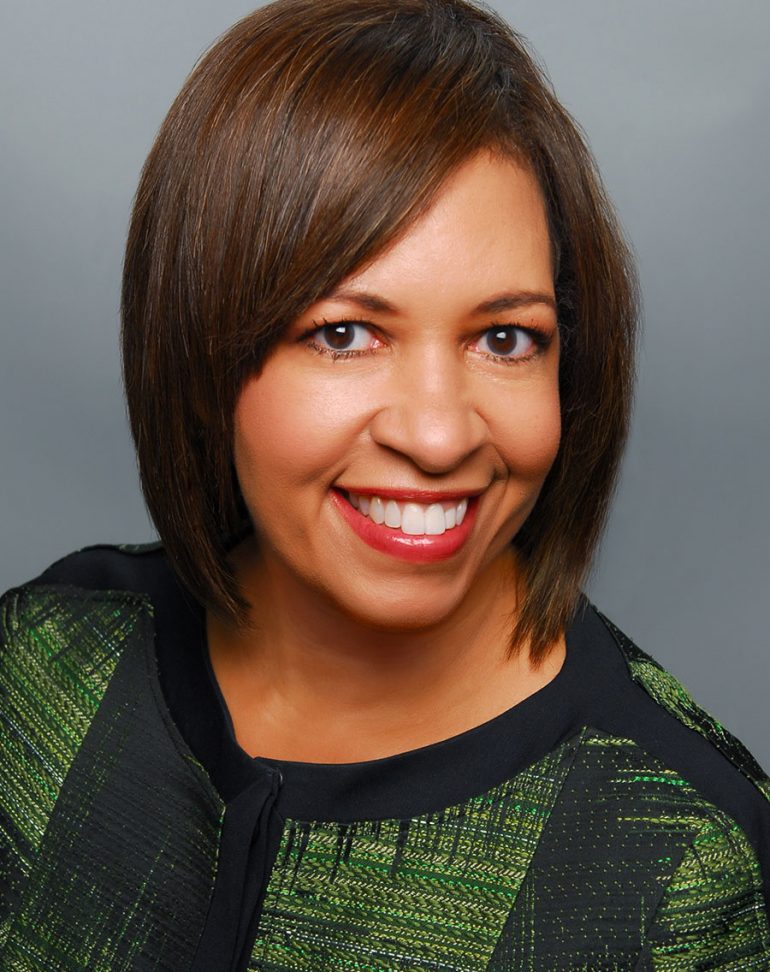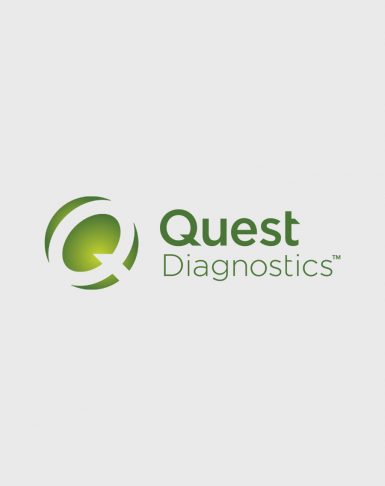Behind every brand delivering a great experience is a leader who recognizes the value of keeping things simple. In Simplifiers, Margaret Molloy, our Global CMO, interviews business leaders who put simplicity to work.
In this Simplifiers interview, Margaret speaks with Sheryl Adkins-Green, CMO, Mary Kay, Inc.
MM: What does your brand stand for and how does it deliver on that promise every day?
SAG: Mary Kay stands for enriching the lives of women. We do that through the Mary Kay opportunity, which provides women with the ability to earn supplemental income while living a flexible lifestyle, and by providing our customers with high quality and well-priced beauty products.
MM: What role does simplicity play in delivering on that promise?
SAG: We make it easy and simple for our independent sales force to have a successful Mary Kay business. First and foremost, we have great products—we like to say our products sell themselves because of the research, science, and testing we invest in products that work. We support our independent sales force with business tools, particularly digital tools and content, that make it easy for them to promote their Mary Kay business. For example, we provide product websites that enable beauty consultants to select and recommend the best products to their customers.
Simplicity plays a significant role for the Mary Kay end consumer. We ensure each product has a clear and compelling benefit and distinct reason for being in the portfolio. As a successful global beauty brand, we’ve added products to our line. Adding more products can increase complexity in an effort to provide choice. But we offset that complexity by providing the support of our Mary Kay consultant. Mary Kay might be among the simplest of brands because the Mary Kay customer has the support of the beauty consultant. As a simplifier, she curates a set of beauty products to the customer’s wants and needs, makes it easy for the customer to try before they buy, and follows up to see that she is maximizing the use of her products and is happy with the result.
MM: How does your organization strive to create simple experiences?
SAG: We stay focused on the customer experience, which helps us ensure that the end product is simple and satisfying from a customer perspective. While there may be many components and dozens of people working on a single campaign, we know in the end it shouldn’t feel like dozens of different projects, but like one integrated campaign. To do this, we view everything through the eyes of the customer and seek to provide a simple experience that delivers what she needs when she needs it.
MM: What benefits has Mary Kay enjoyed as a result of adopting simplicity?
SAG: The biggest benefit of simplicity we’ve seen is trust. It’s easy for the consultant to trust that the product is high quality and that the organization will support her in keeping her customers happy and, ultimately, maintaining a successful Mary Kay business. She trusts the company because of the simplicity and consistency we’ve provided in supporting her business. And it’s easy for the end-consumers to trust their Mary Kay consultant.
Simplicity and consistency go hand-in-hand. In fact, Mary Kay Ash herself often asserted the importance of KISS—keep it simple, sweetie.
MM: How do you keep marketing simple?
SAG: Mary Kay Ash always said, a confused mind does nothing. She emphasized the importance of being focused and having clarity around a goal or action plan.
To enhance productivity, she recommended that before going to sleep at night, you write down the six most important things you wanted to do the next day. When my team is not making the best use of time or resources, I ask them to take their annual goals and put them in the form of the six most important goals. This gives my team clarity of mission, key measures of success and permission to say no if they come across a project that doesn’t fall within those goals.
Mary Kay Ash always said, a confused mind does nothing.
MM: What has Mary Kay done to ameliorate the inherent complexity that accompanies growth?
SAG: We use analytics to inform the products we offer, our promotion strategy and our social media plans. Additionally, while we create a large variety of products, the process we developed, through the use of analytics, has made it simple for our sales force to access content and tools that help her select the best products for her customers.
MM: How do you lead as a simplifier?
SAG: I lead with the values of Mary Kay’s culture. A strong culture is the most important ingredient of simplicity. Culture aligns people, not only in what they do but in how they do it. A key component of Mary Kay culture is the Golden Rule—treating others the way you would want to be treated. People want to be dealt with simply and directly. For example, when our national sales directors call the headquarters to speak with Mary Kay executives, we take those calls automatically. That’s how we would want to be treated, so that’s the way we treat our sales force.
MM: What’s the most recent simple customer experience you’ve had that made you think, this company nailed simplicity?
SAG: While shopping recently at a Neiman Marcus, a sales associate took the initiative to contact customer service to identify whether I had any rewards points that could be used towards my purchase. She could have just rung up my purchase and enjoyed the commission. But she went the extra mile to make sure I was getting the full value of my purchase, which was exceptional and simplified my shopping experience.
MM: What advice would you give to a C-level executive looking to operationalize simplicity—particularly for a company like yours that has grown over the years?
SAG: First, establish your company’s enterprise-wide goal, which all the teams at your company share. Then put your team’s agenda in the context of this goal. Focusing on an enterprise-wide goal, and not a functional goal, is a necessary step to being a successful simplifier.
MM: What are the key indicators that simplicity is driving your business?
SAG: Simplicity is the definite metric of success when measuring independent sales force satisfaction. We’re obsessed with providing a flawless experience to our customers. Mary Kay independent sales force satisfaction and ease of interacting with Mary Kay, are two key metrics we track, both of which are enhanced by simplicity.
MM: What are the mistakes brands make when it comes to simplifying?
SAG: People sometimes oversimplify. Executives often assume they know what their customer wants without really listening. In order to truly understand what your customer wants from your company, you must understand both what they want and why they want it. Otherwise, you risk oversimplifying.
MM: What does simplicity mean to you personally?
SAG: Simplicity is the positive relationship between reward and effort. From the customer’s perspective, simplicity increases as the magnitude of the reward exceed the amount of effort required.
MM: What’s the top piece of advice you’d give to other brands trying to simplify?
SAG: Start by understanding what your biggest fans love about the experience you provide. Once you understand the essence of what people want from your brand, this will serve as a starting point from which to simplify your priorities moving forward.
MM: Thank you, Sheryl.
This is this an ongoing Simplifiers series. See interviews with Head of Marketing at Home Centre, Rohit Singh Bhatia; SVP, CMO of Aflac, Gail Galuppo; SVP and CMO at Cambia Health Solutions, Carol Kruse, Managing Director of The Nature Conservancy, Geof Rochester, Chief Strategy and Innovation Officer of Motorola Solutions, Eduardo Conrado, EVP; SVP, Chief Marketing & External Affairs Officer at Abbott, Elaine Leavenworth, GE CMO, Linda Boff; McLaren Automotive Head of Brand Marketing, Stephen Lambert; Ascension Chief Marketing and Communications Officer, Nick Ragone; Hertz CMO, Matt Jauchius; Direct Line Group Marketing Director, Mark Evans; McDonald’s CMO, Deborah Wahl; Jet.com President, Liza Landsman and VP Marketing, Sumaiya Balbale; Target CMO, Jeff Jones; Spotify CMO, Seth Farbman; Ally Financial CMO, Andrea Riley; Gannett CMO, Andy Yost; CVS Health CMO, Norman De Greve; Dunkin’ Brands CMO, John Costello; Zappos CEO, Tony Hsieh; Southwest Airlines CMO, Kevin Krone; and Google CMO, Lorraine Twohill.
Know a simplifier or would like to be included in the series? Please recommend an executive for my next interview: [email protected]
Margaret Molloy is Global CMO and head of business development at Siegel+Gale. Follow her on Twitter: @MargaretMolloy and Instagram: @MargaretMMolloy


